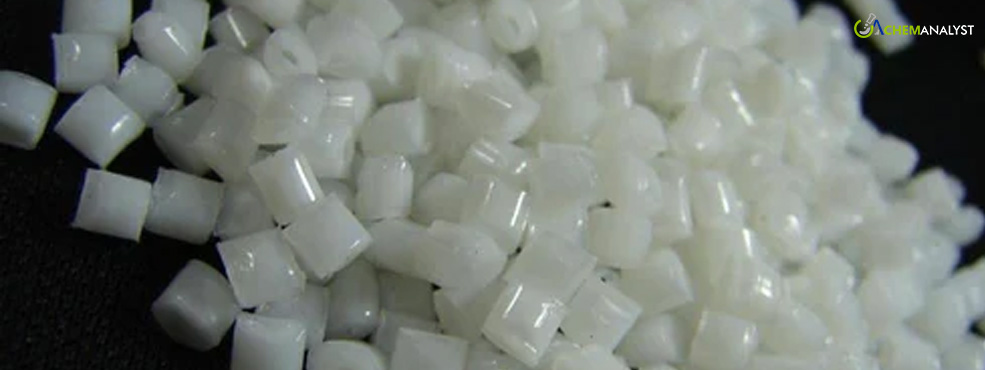Welcome To ChemAnalyst

At the termination of February 2024, the US Polybutylene Terephthalate (PBT) market saw stability in the prices as a result of slow downstream demand and restricted production activities. The heightened costs of feedstock Butanediol contributed to increased input pressures faced by PBT producers during this period. The cold weather conditions in the United States not only affected oil production but also caused disruptions in the supply chain, creating severe constraints in the US export market. The situation was further intensified by a winter storm, bringing freezing temperatures that impacted the power supply and consequently led to decreased operational rates for numerous facilities including the PBT industry.
The demand for PBT in the United States remained largely stagnant, showing no signs of positive resilience. Additionally, modest international inquiries played a significant role in influencing recent pricing dynamics. By the middle of February 2024, downstream manufacturers and traders in the region adopted a cautious approach, accumulating inventories in anticipation of a potential market shift driven by the expected increase in demand from the downstream sector.
According to the latest analysis, PBT producers anticipate another quarterly net loss in the first quarter of 2024, following a similar loss announced in the fourth quarter of 2023 results. Industries are grappling with unprecedented declines in downstream demand compounded by lingering macroeconomic uncertainty.
Experiencing compounded challenges in the shipping industry, the United Nations trade body issued a warning in February 2024 regarding the escalating assaults on ships in the Red Sea. This heightened maritime insecurity, combined with existing geopolitical tensions affecting Black Sea shipping and climate change impacts on the Panama Canal, has given rise to a "complex crisis" impacting crucial trade routes. As a result, the PBT market faced disrupted operations and increased cost pressures with no significant improvement from the demand side during the month. In response, producers opted to temporarily reduce production rates. Currently, US shipments are on hold due to elevated Houston prices and the added complication of Houthi rebel attacks on container vessels in the Red Sea. The future trajectory of the PBT market remains uncertain in the short term as it navigates between rising costs and subdued downstream inquiries.
As per ChemAnalyst, PBT prices are anticipated to show a relative increase in the upcoming weeks, driven by a shortage of stocks and heightened input cost pressure attributed to elevated feedstock Butanediol prices. Nevertheless, the fundamentals of downstream demand in the North American automotive and home appliance industry have yet to exhibit any signs of resilience capable of exerting further impact on PBT prices.
We use cookies to deliver the best possible experience on our website. To learn more, visit our Privacy Policy. By continuing to use this site or by closing this box, you consent to our use of cookies. More info.
